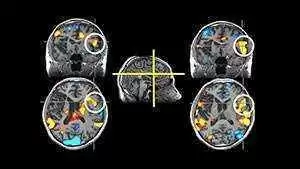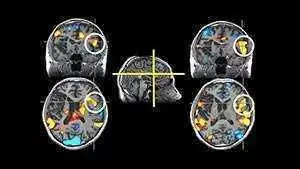
Celiac.com 03/20/2014 - No one wants a brain disease, and some recent books on the effects of gluten-free diets are suggesting that a gluten-free diet might actually protect you from brain diseases.
One such book is Grain Brain: The Surprising Truth About Wheat, Carbs, and Sugar — Your Brain's Silent Killers, by David Perlmutter, M.D., a practicing neurologist.
Celiac.com Sponsor (A12):
 Symptoms of celiac disease are known to include intestinal difficulties associated with an adverse immunological response triggered by gluten. This response, which leads to inflammation in the gut, can happen elsewhere in the body too.
Symptoms of celiac disease are known to include intestinal difficulties associated with an adverse immunological response triggered by gluten. This response, which leads to inflammation in the gut, can happen elsewhere in the body too.
According to Perlmutter, inflammation is at the root of many diseases and complications, including, brain decay.
According to Perlmutter, gluten can lead to inflammation in the brain, which he believes leads to conditions like dementia and Alzheimer's.
Perlmutter says that gluten, by triggering the immune system, causes inflammation in the brain, which promotes the brain's glycation by circulating blood sugar. Gram for gram, wheat raises blood sugar levels more than sugar itself.
Perlmutter encourages strong dietary changes that have drawn some criticism. Specifically, he has recommended an intake of 60 or fewer grams of carbohydrate per day.
Some point out potential negative health consequences of a high-fat, low-carb diet, both in healthy people and for those with specific conditions, like adrenal or thyroid issues.
However, Perlmutter's take on brain glycation, in which gluten triggers an immune response in certain people, contributing to inflammation, and to inflammatory disease, such as diabetes and Alzheimer's, may have some foundation.
Perlmutter is a reputable neurologist, so his opinion and insight go beyond anecdotal evidence and speculation. It will be interesting to see how much of his perspective is borne out by science. Meantime, Perlmutter certainly makes for interesting, thought-provoking reading.
What's your experience? Has going gluten-free made an impact on your brain function and awareness?
Read more at: Celiac.com and at Open Original Shared Link.





Recommended Comments